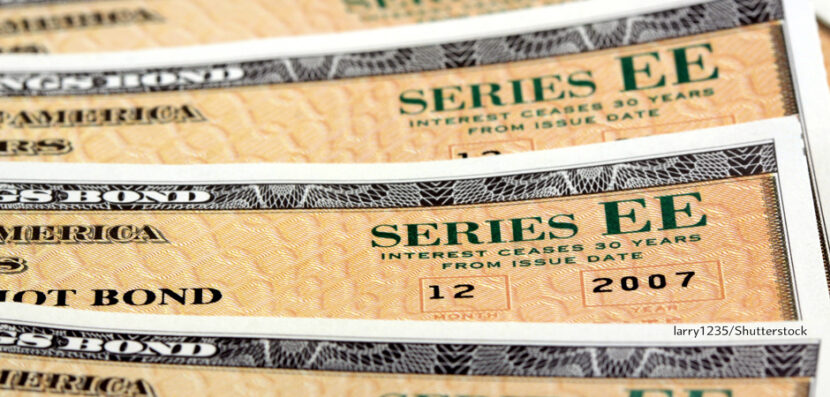- Current Events New Alabama Congressional District Selects Candidates
- Current Events Nebraska Rejects Winner-Take-All Proposal
- Citizenship Voting Under Age 18
- Citizenship Citizenship in Action
- Democratic Party Biden’s and Trump’s Recent Primary Results
- Elections Trump and Biden Win South Carolina and Michigan Primaries

Cohn Jumps Ship
The list of top advisers leaving the Trump White House has grown a bit longer. Last week, Gary Cohn, Trump’s top economic adviser and the head of the National Economic Council, became the latest of other highly-ranked officials of this administration to announce his resignation. This will likely take effect in the next couple of weeks. Here, Election Central takes a look at why Cohn left, and what his departure could potentially mean for the American economy.
So Why Did Cohn Leave?
Gary Cohn is a Democrat who has long opposed Trump and his policies. In fact, he nearly resigned once before: due to the president’s comments after the racially-motivated violence in Charlottesville, Virginia last summer. The issue this time around is tariffs. Cohn strongly opposes tariffs, and he threatened to resign if Trump went through with imposing them. It is Cohn’s belief that if the U.S. uses tariffs to raise the price of steel and aluminum imported from other countries, then other countries will raise their tariffs in response, setting off a “trade war.” That means that American manufacturers would have a harder time selling to overseas markets. And less manufacturing means fewer jobs.
The president, on the other hand, believes that raising tariffs on steel and aluminum will promote American job growth by forcing companies to buy American-made steel and aluminum. Last week, Trump announced that he will go through with imposing large tariffs on imports. Shortly thereafter, Cohn resigned, though White House spokespeople refuse to blame Cohn’s departure on any one specific issue.
What Does This Mean For the Economy?
Since his campaign for the presidency in 2016, Trump has accused other nations, particularly China, of unfair trade practices. Without Cohn around, it’s more likely that the Trump administration will lean toward economic policies that could trigger a trade war. The effects of that might be very damaging to the economy and could lead to widespread job loss. In the meantime, there’s the concern that just the fact of Cohn announcing his resignation could trigger declines in the stock market, as investors lose faith in the economy.
While the U.S. has seen a decline in manufacturing jobs in recent years, this is more because of the rise of technology than because of trade. The nation’s trade deficit (meaning how much it imports versus how much it exports) is high, but not nearly as high as the president has claimed on many occasions. With some countries, the United States actually have a trade surplus (meaning it exports more than it imports). The president has also exaggerated the tariffs that other countries have placed on American goods.
The point of all of this? That creating economic policy based on clear data is dangerous, and could have negative consequences. Without Cohn’s opposing point of view to offer the president a different opinion, some economists are becoming more and more concerned about what’s to come.


